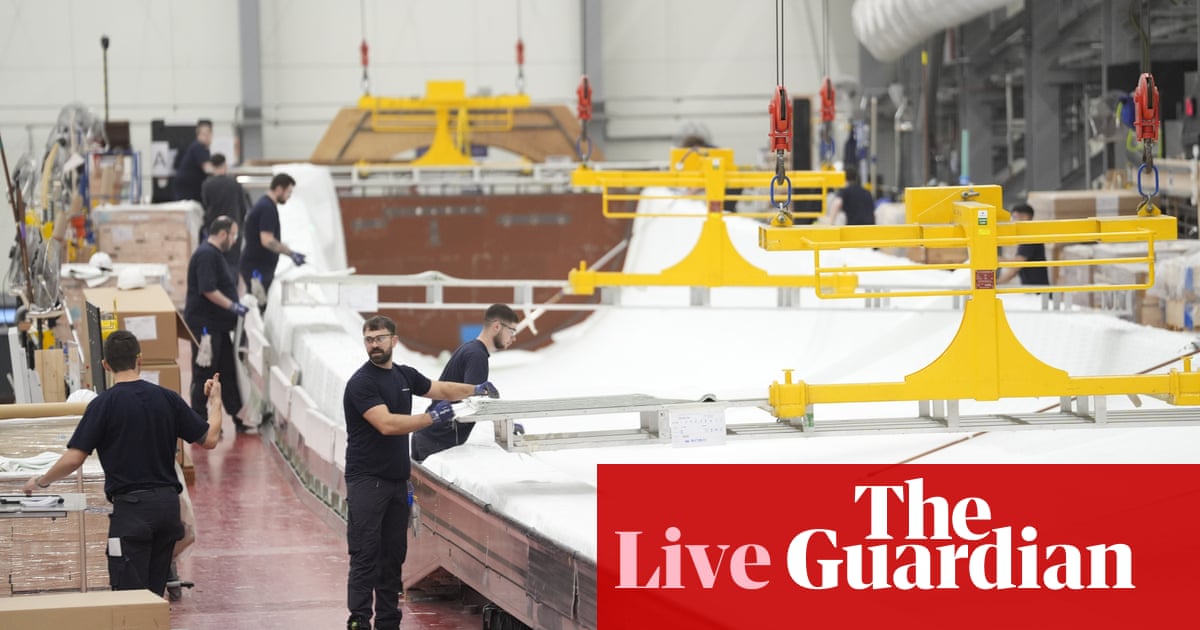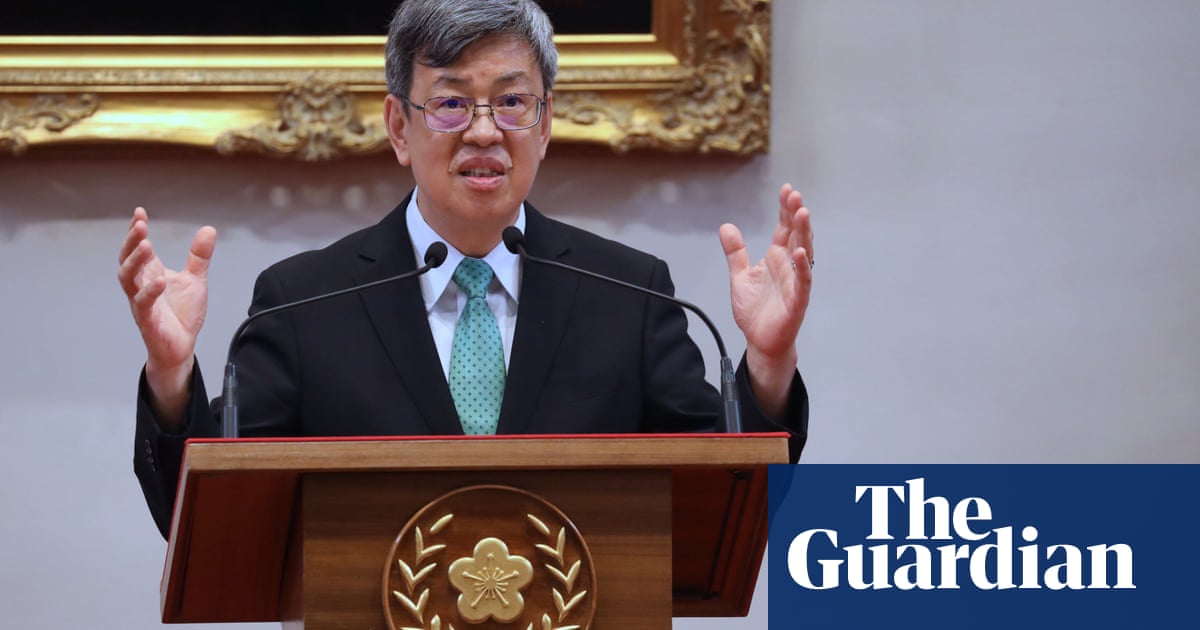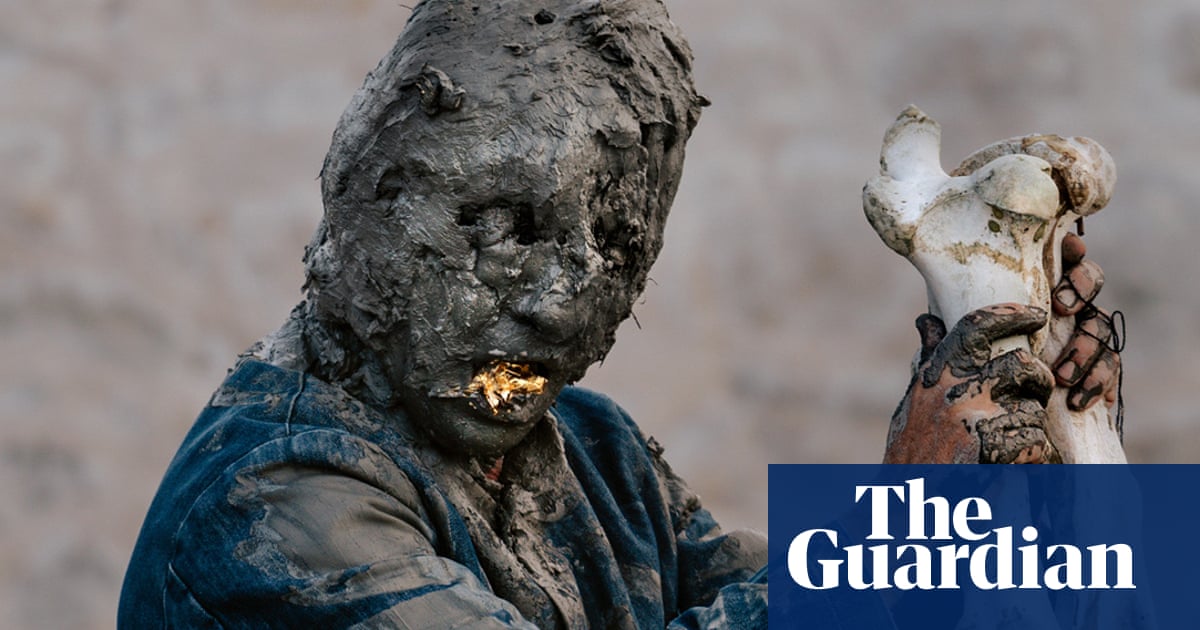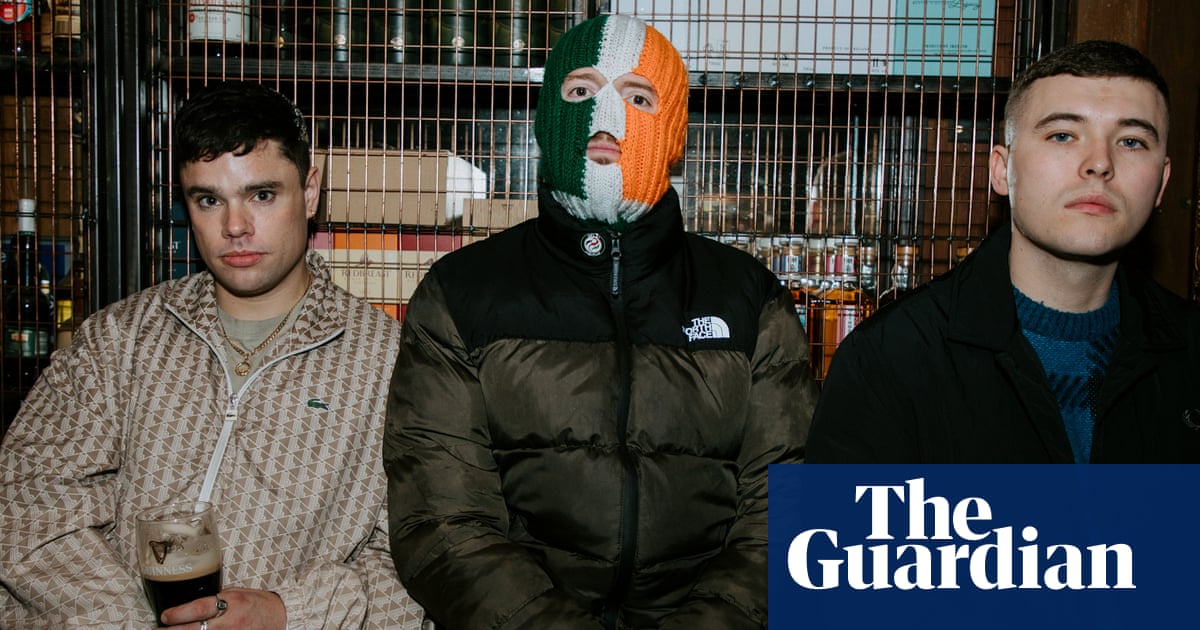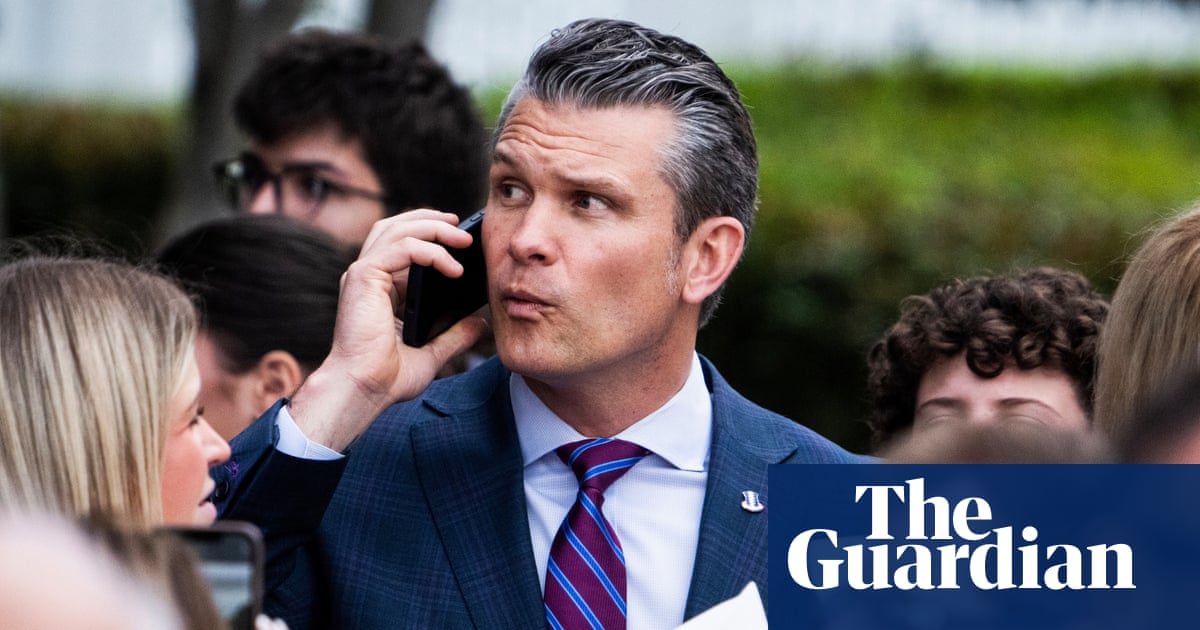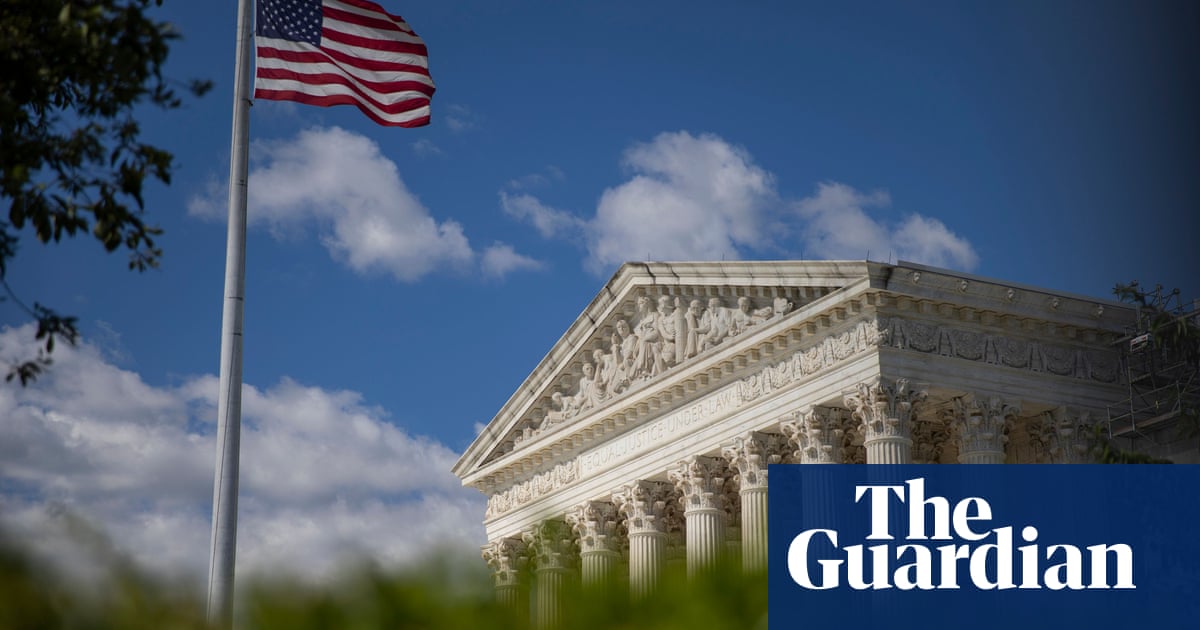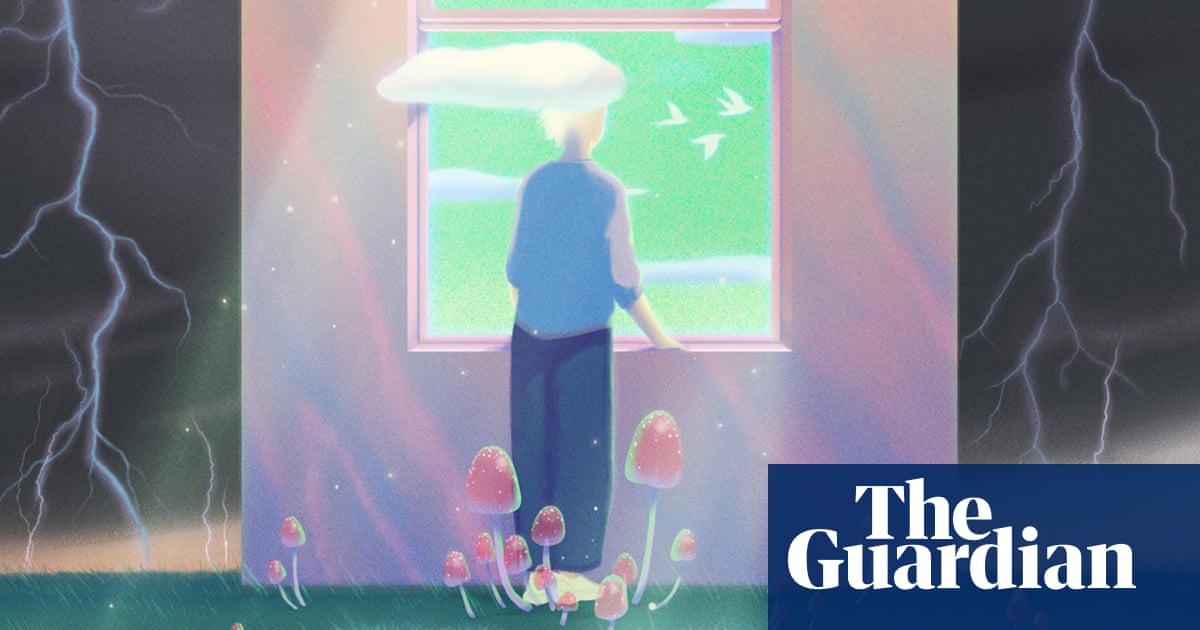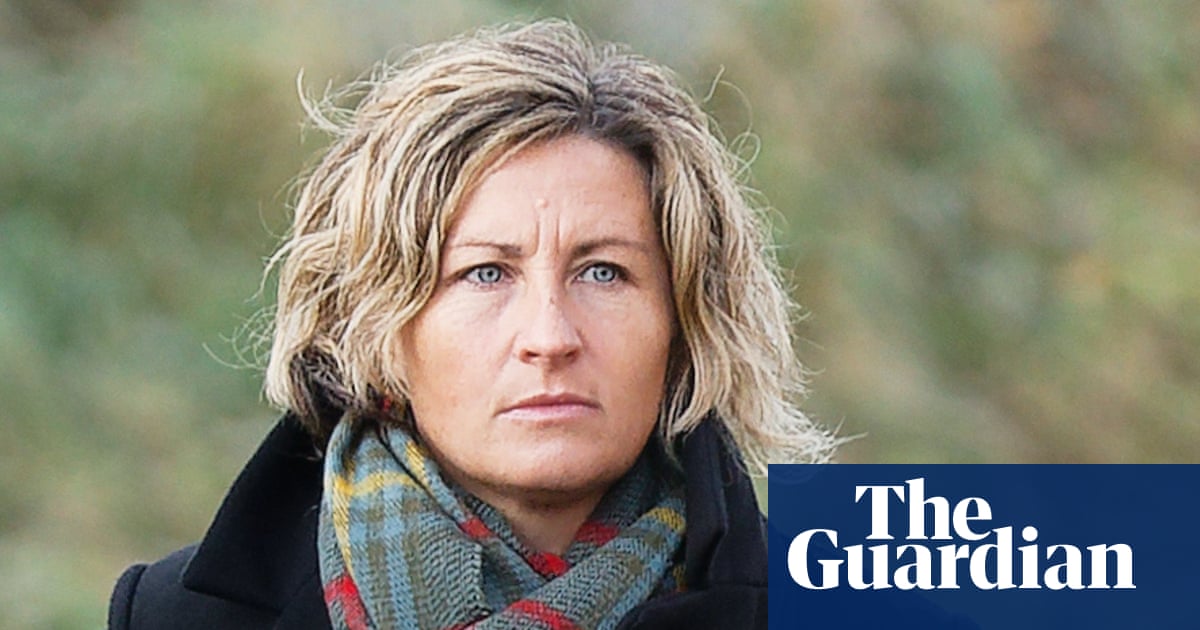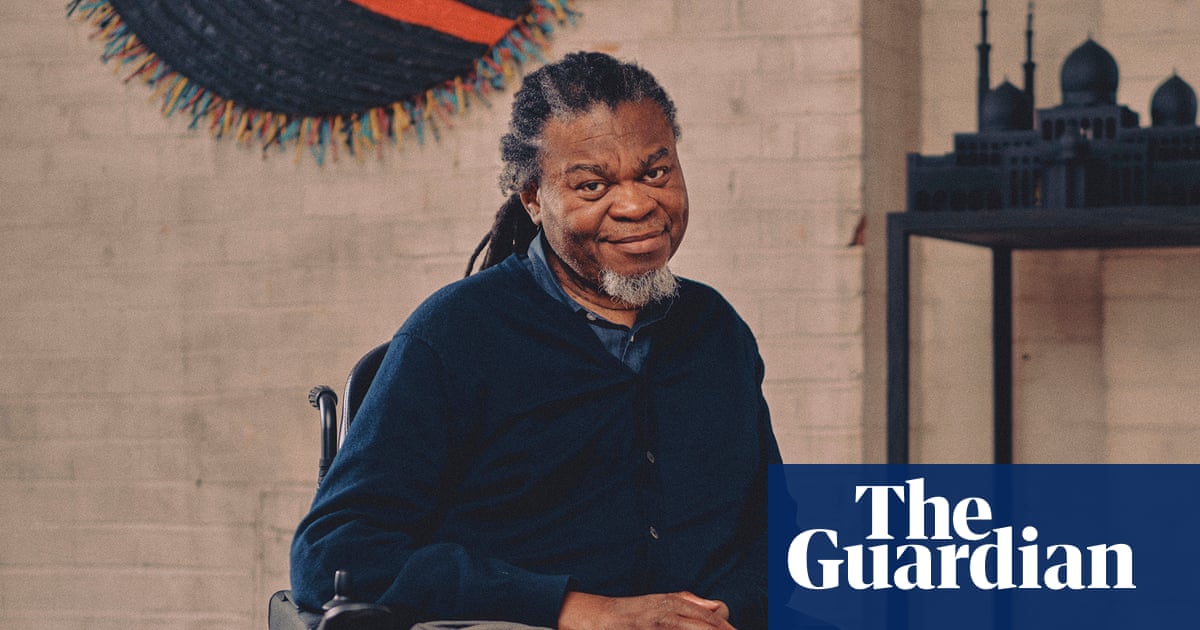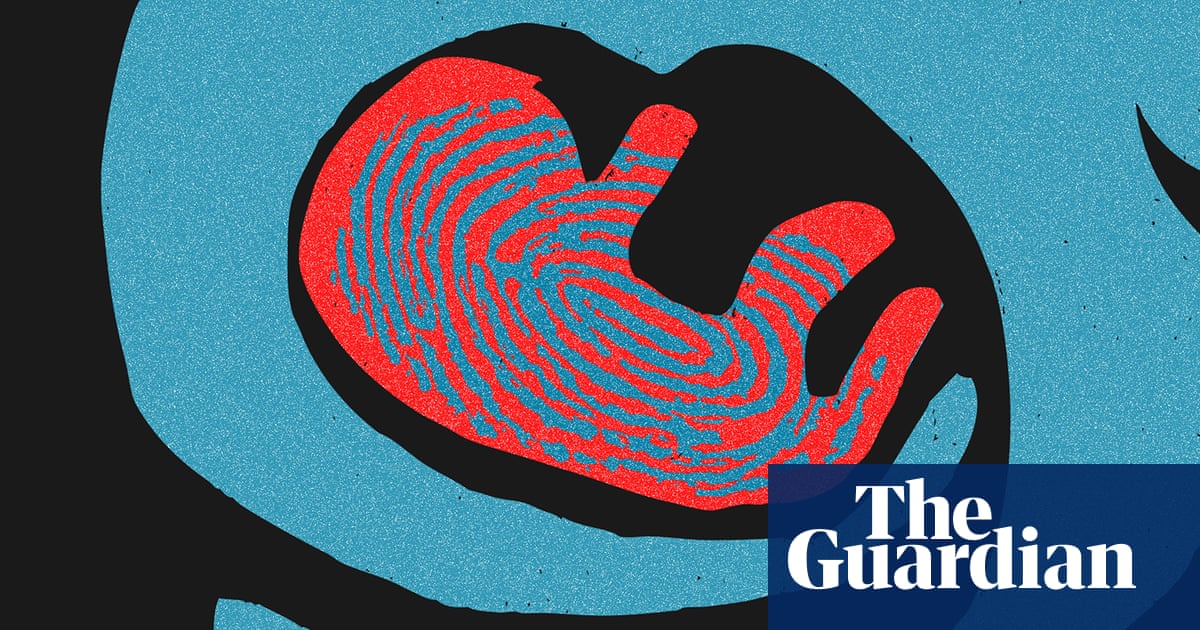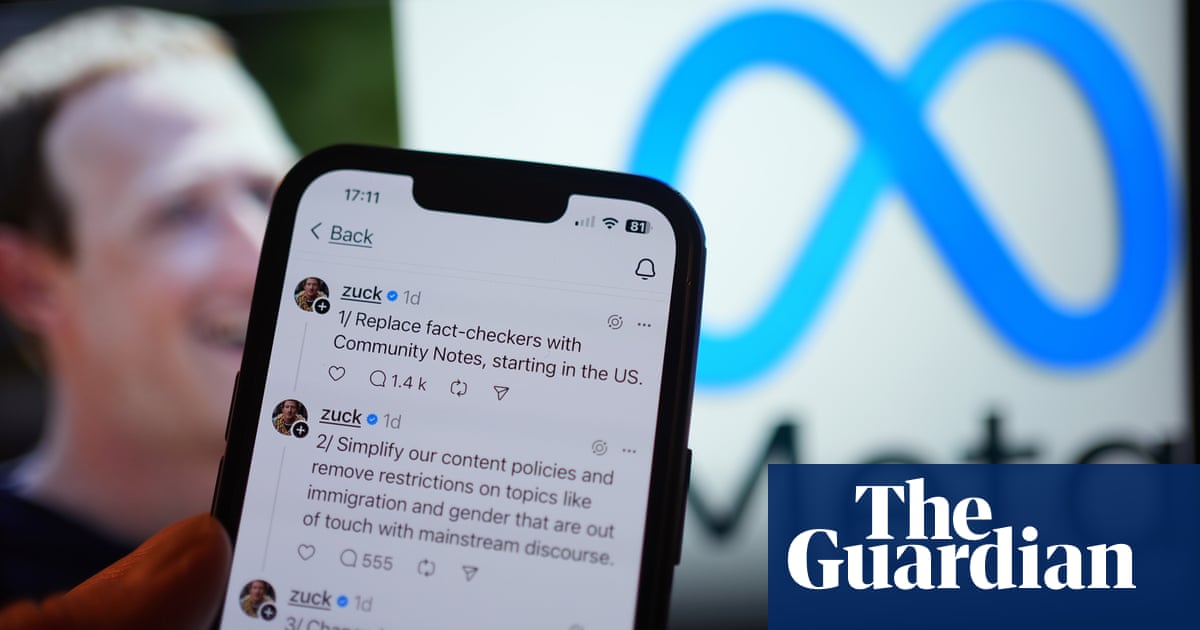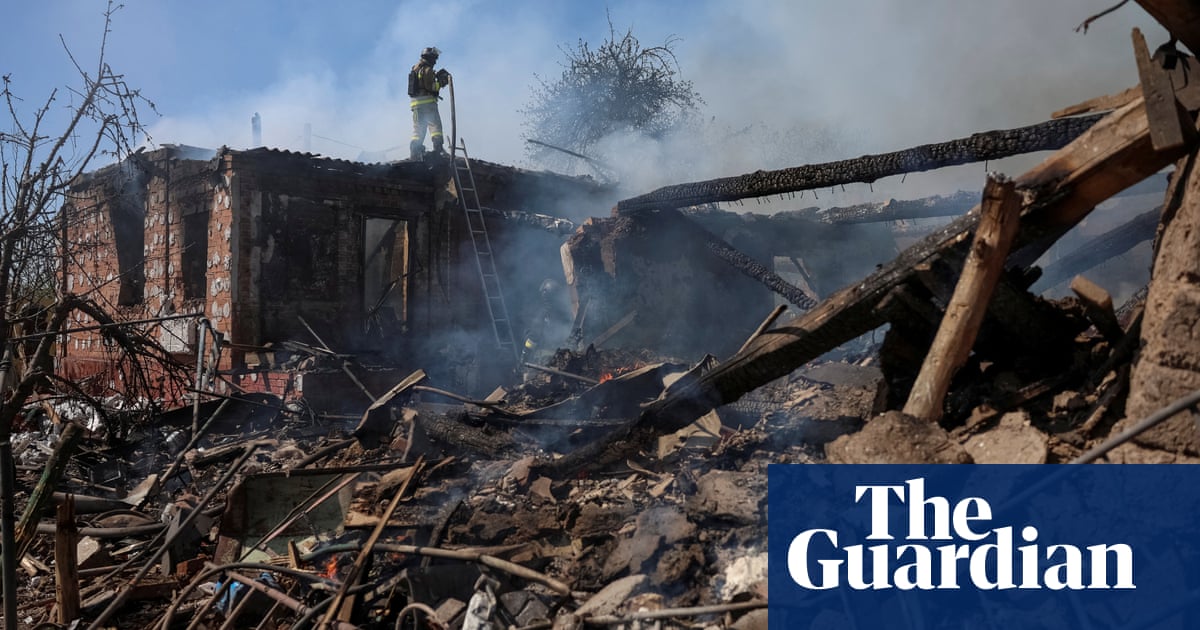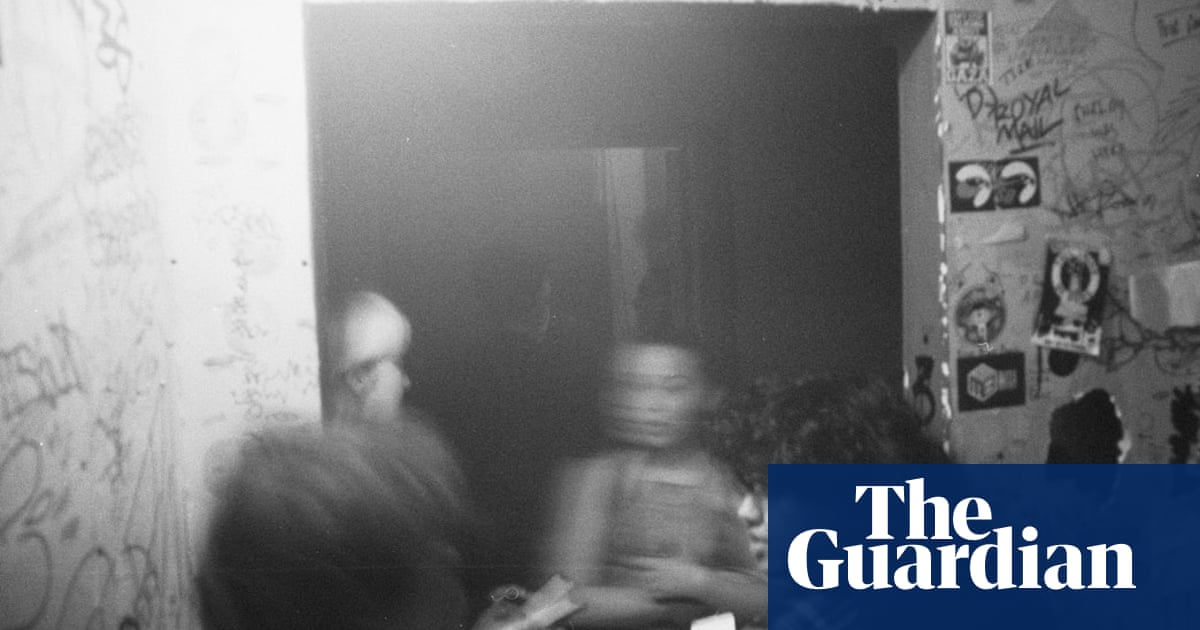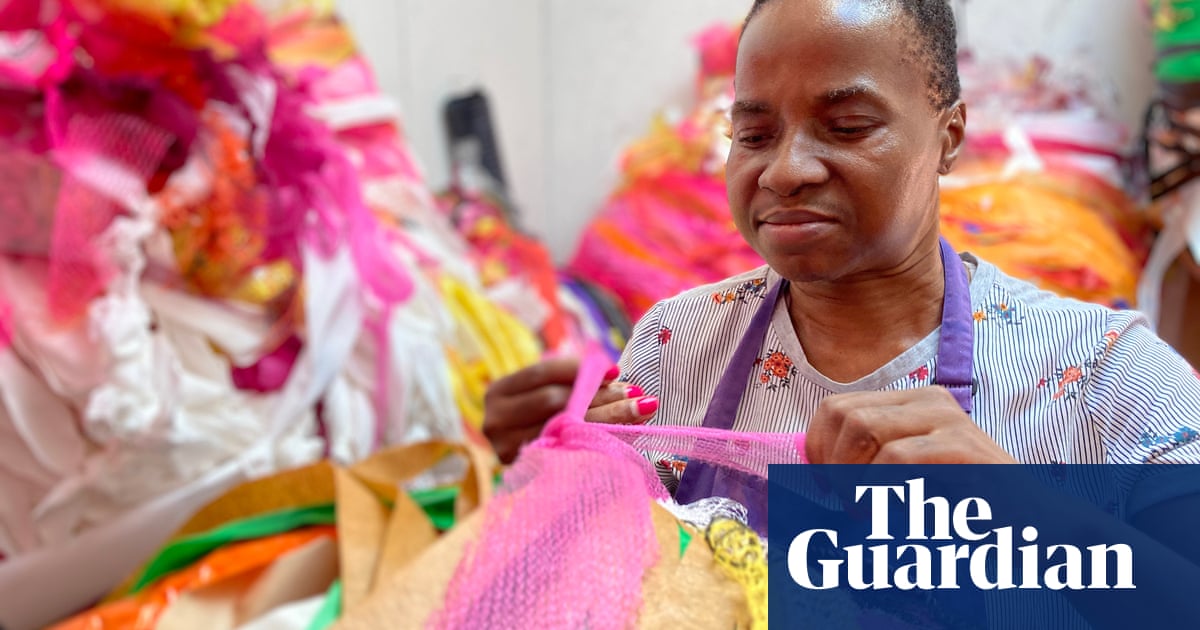The producers behind a show about immigration have denied accusations it platforms racists, saying the “voices you hear within the series are the voices we were hearing up and down the country as we were casting”.
Channel 4’s immigration series Go Back to Where You Came From features six participants, some of whom hold anti-immigration views, following in the footsteps of refugees making the journey from Syria and Somalia to the UK. It has been referred to as Racists Across the World and criticised by Amnesty International and some charities.
However, one of the producers, Liam Humphreys of Minnow Films, said: “It’s really important to engage with people who have different opinions [and ask] why do they think like that?”
In the first episode, a contributor called Dave suggests putting landmines off Dover beaches to stop small boats: “It’s like rats, you leave food out they’ll keep coming.”
The joint executive producer, Emma Young, acknowledged there had been a lot of comments about platforming racists with extreme views. “But these voices that you hear within the series are the voices we were hearing up and down the country as we were casting and they are a vocal voice that is shaping our political landscape,” she said.
“People might find it uncomfortable to hear the things they hear but you … have to understand why they feel like that. I did not want it to be preachy at all.”
Humphreys said the show is about empathy and “understanding other people’s points of view; not saying you have to agree with them but … take the debate off Twitter … and try to have a discussion where you can understand someone’s point of view”.
Channel 4’s head of documentaries and factual entertainment, Alisa Pomeroy, said that “difficult opinions [are] expressed in the series that will make uncomfortable viewing for some”.
But, she added, it was important that the series unflinchingly and accurately represented the range of strong views on immigration in the UK. In order to “be able to challenge – and wrestle with – these views, we need to be able to air them,” she said. “Otherwise, we simply drive them online, where they metastasise and we end up with combustible events like last summer’s race riots.”
The series is based on an Australian format and Pomeroy said it was worth noting that none of the charities criticising the show had seen the programme. There was a similar level of outcry about the show in Australia pre-transmission, she said, but it went on to win awards and become part of the school curriculum.
The series gives what Humphreys called “information by stealth” because it is “entertaining, but you’re also dealing with complex issues”. It includes potted histories of regional conflicts and first-hand accounts from refugees as the contributors trek across mountainous border crossings, through the African desert and experience small boat crossings.
Pomeroy said Channel 4 had never done a show with such risk and ambitionwhich involved immersing ordinary people in hugely dangerous places. Minnow had seven safety assessors, two psychologists monitoring participants, security and legal teams and the heads of Channel 4 signing off risk assessments nightly during filming.
Shifting geopolitics changed plans last-minute and, Pomeroy said, they wouldn’t have been able to make the series a few weeks later as some countries became too dangerous.
The participants were dramatically pulled from a market by security after kidnapping fears and the Tunisian government revoked permission at the last minute to film the contributors making a boat crossing.
“Within the constraints of health and safety and hostile filming protocols, we had to provide the most authentic experience for them,” said Humphreys, so the participants were not told the crossing was choreographed. Producers cut the engine on the boat halfway across and hired a local Lebanese coastguard to rescue them.
The participants were terrified, thinking they were about to be arrested. When they discovered the truth they were initially angry but then understood it needed to be as immersive as possible so they could empathise fully.
All of them had seen the show and were happy with their portrayal, Minnow said.
Young said they had all “gone on a journey … to varying degrees” and “minds have been changed, or at least educated”.
Humphreys added it had affected them all and had a lasting impact on how they viewed the world.

.png) 2 months ago
27
2 months ago
27
